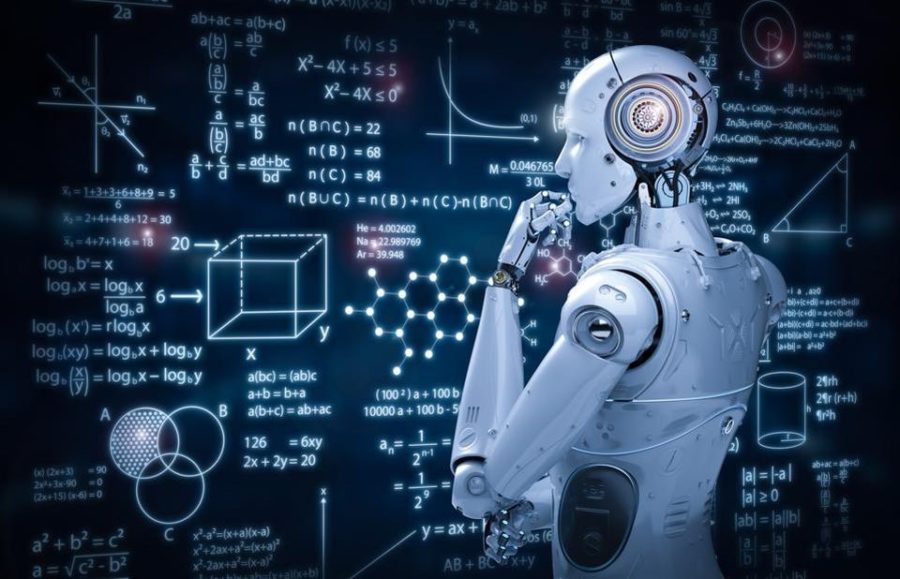Physical Address
304 North Cardinal St.
Dorchester Center, MA 02124
Physical Address
304 North Cardinal St.
Dorchester Center, MA 02124

Technology is constantly evolving, and keeping up with the latest trends is vital for businesses and individuals alike. Here are some of the top technology trends to watch out for in 2023:
Artificial Intelligence and Machine Learning are changing the way we live and work. AI is being used to automate various tasks, while ML algorithms can analyze large data sets and provide insights that can help businesses make better decisions. These technologies are being applied in healthcare, finance, transportation, and many other industries.
Edge computing is a decentralized computing infrastructure that brings computation and data storage closer to the location where it is needed, to improve response times and save bandwidth. This technology is particularly useful in the Internet of Things (IoT) space, where it can reduce the need for sending large amounts of data to the cloud for processing.
Extended Reality includes Virtual Reality (VR), Augmented Reality (AR), and Mixed Reality (MR). These technologies can be used to create immersive experiences for training, entertainment, and education. XR is already being used in gaming, e-commerce, and marketing, and is expected to grow in popularity in the coming years.
Cybersecurity remains a top priority for businesses and individuals, as data breaches and cyber attacks continue to occur. Advancements in technologies such as Artificial Intelligence, Machine Learning, and Blockchain are being used to enhance cybersecurity measures and prevent data breaches.
5G technology is the next generation of wireless technology, providing faster internet speeds, lower latency, and higher bandwidth. This technology will enable new applications such as remote surgery, autonomous vehicles, and smart cities.
Blockchain technology is a decentralized digital ledger that can be used to store and verify data in a secure and transparent manner. Blockchain has the potential to revolutionize various industries, including finance, healthcare, and supply chain management.
Cloud computing has been around for a while, but it is still a vital technology trend. Cloud computing allows businesses to store data and run applications in the cloud, rather than on local servers. This can improve efficiency and reduce costs, as well as provide scalability and flexibility.
The Internet of Things involves connecting everyday devices to the internet, allowing them to collect and share data. IoT devices can be used to improve efficiency, monitor health, and provide automation in various industries, such as manufacturing, healthcare, and agriculture.
Quantum computing is a rapidly developing technology that has the potential to solve complex problems that are beyond the capabilities of traditional computers. Quantum computing is still in its early stages, but it is expected to have a significant impact on various industries in the future.
Natural Language Processing involves the interaction between computers and human language. NLP is being used to improve communication between humans and computers, and is being applied in various industries such as healthcare, finance, and customer service.
Conclusion
In conclusion, technology trends are constantly evolving, and keeping up with them is essential for businesses and individuals. These trends can provide opportunities for innovation, growth, and efficiency, while also posing new challenges and risks. It is important to stay informed and adapt to the changing landscape of technology to remain competitive and succeed in the digital age.